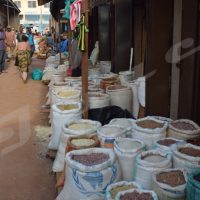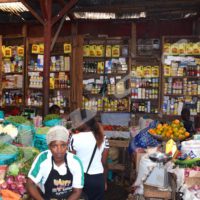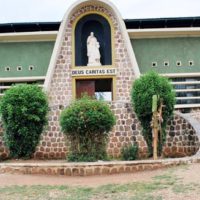
Security forces’ quick reaction prevents the lynching or torturing of suspected thieves.
The police call on all actors in security to rapidly intervene as reports of vigilante justice cases keep on coming in. “We urge mixed security committees to react quickly to prevent mob justice when criminal incidents occur”, says Pierre Nkurikiye, Spokesman for the Burundi National Police.
The police spokesman says that though not a generalized practice, mob justice has reportedly caused the death and torture of a number of suspects.
Last month, a man suspected of stealing beans in the farm at night was reportedly beaten and tortured to death by the mob in the rural district of Kabezi, Bujumbura province.
“People take the law into their own hands under the pretext that, once suspects are handed over to the police, they are released without being judged”, says Nkurikiye.
He condemns the savage practices of lynching and torturing suspects. He says that, once the police receive cases of suspects they submit them to courts where the wrongdoers face justice.
Many of the recent cases of mob justice involved suspects who were caught stealing crops claiming they were driven by hunger. Vital Nyabenda who was caught last Saturday with six corncobs he had stolen in Rugombo district, Cibitoke province, said “it is because of hunger that I picked the corncobs”. He was beaten and tied up before the police intervened.
Crop stealing has become an excuse for some people who claim they steal to cope with food shortage that has struck many parts of the country mainly due to drought. Many farmers complain about the increased theft in their fields.
“Theft cases of cassava have increased nowadays”, says Dieudonné Ndayishimiye, a farmer from the rural district of Kabezi where cassava is one of the most grown crops.
In reaction to food shortage, other people have reportedly fled to neighbouring Congo and Tanzania.



















 IWACU Open Data
IWACU Open Data

